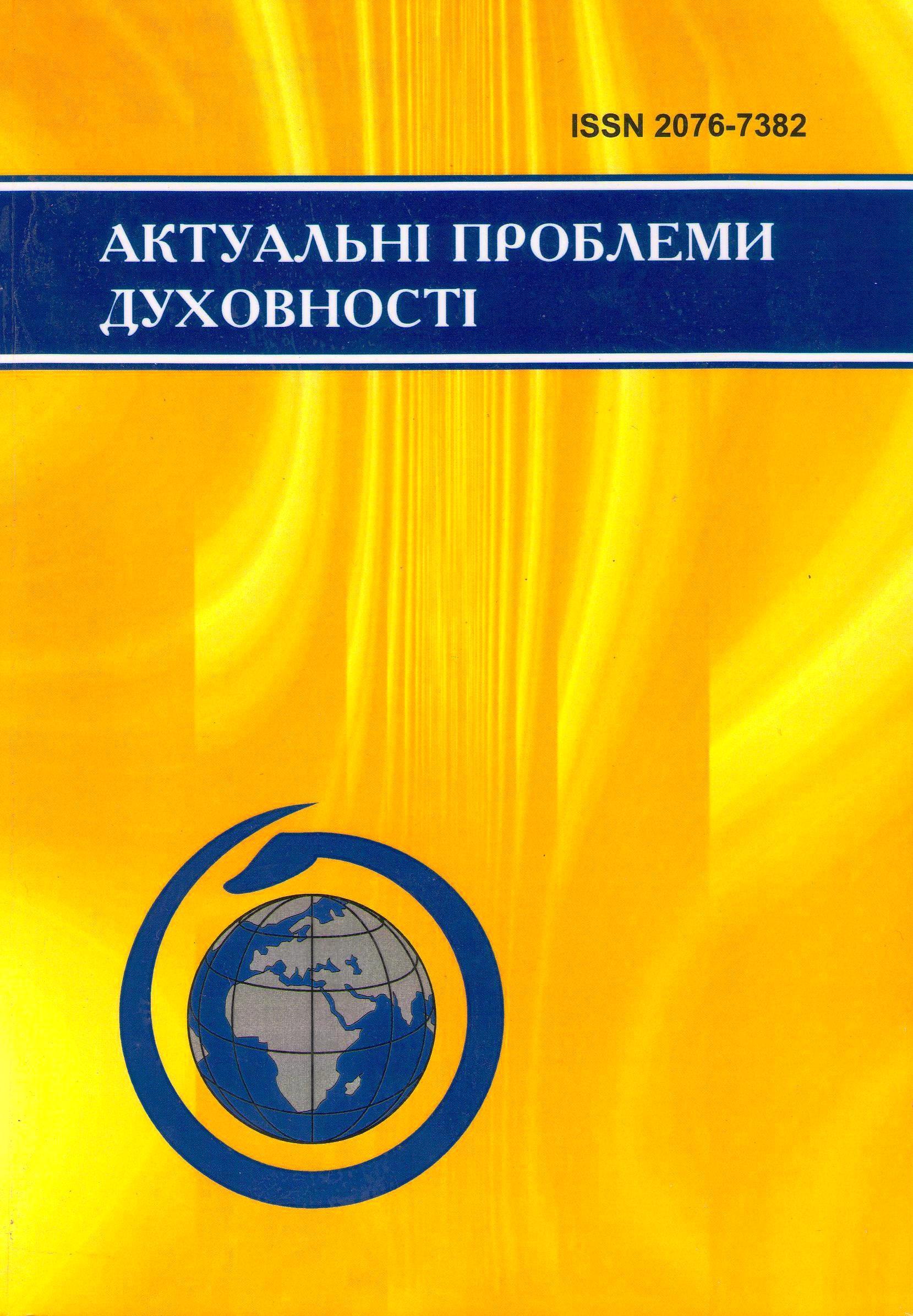The problems of the framework of practical identity of a person in analytic philosophy
DOI:
https://doi.org/10.55056/apm.7734Keywords:
personal identity, practical identity, framework, person, agent, action, rational unity, narrativeAbstract
The article concerns the problem of personal identity in analytic philosophy as the maintenance of a person’s self-identity over time. It describes a framework of practical identity, which is based on the thesis that personal identity consists in rational unity, i.e. the integrity of the Self achieved through doing actions. This way to describe identity emphasizes its processual nature. According to it, personal identity is maintained through the constant attribution of actions, when a person ascribes his or her actions to himself or herself and regards them as own.
Philosophers, who justify the framework of practical identity as an alternative to the metaphysical one, argue that the practical framework not only explains how identity is formed and maintained over time, but also comprises issues concerning a person's practical activities. Therefore, it is considered to have broader applicability than the metaphysical one.
In this article, we offer to test both the ontological and practical models of personal identity in the thought experiments about time travel and amnesia, which are considered in both philosophy and popular culture. We demonstrate that the framework of practical identity is not applicable in all cases to explain the practical problems of a person’s existence. Thus, the purpose of our paper is to determine why such issues arise when describing personal identity in the practical framework.
The article argues that reidentification, the way to maintain identity over time, leads to the disappearance of qualitative distinctions between different person stages, and as a result, the personal narrative becomes too subjective and unrelated to a person’s real life. Moreover, it does not encompass the individual’s entire life, which is also a problem for the practical framework of personal identity.
To find a possible solution to these problems in the framework of practical identity, we suggest reconsidering it from the perspective of social philosophy. We claim that activity necessarily involves the participation of others, and therefore, social interaction should be considered as the basis of personal identity.
Downloads
References
Olifer O. Y. Comparison of practical and metaphysical approaches to the problem of personal identity in analytic philosophy (In Ukrainian). Actual Problems of Mind, 2023. No 24. С. 45–60. DOI : https://doi.org/10.31812/apm.7682
T. Reid. Chapter 6 Of Mr. Locke’s Account of Our Personal Identity (In Ukrainian) / translated be O. Olifer. Actual Problems of Mind 2021. № 22. С. 156–159. DOI : https://doi.org/10.31812/apd.v0i22.4460
Bratman M. E. Structures of Agency. Essays. Oxford : Oxford University Press, 2007. 321 p.
Dennett D. C. The Self as a Center of Narrative Gravity. Self and Consciousness : Multiple Perspectives / ed. F. Kessel, P. Cole and D. Johnson. Hillsdale : Erlbaum, 1992. P. 103 – 115. DOI : https://doi.org/10.5209/rev-ASEM.2013.v46.42862
Frankfurt H. G. Freedom of the Will and the Concept of Person. The Journal of Philosophy. 1971. Vol. 68, No. 1. P. 5–20. DOI : http://dx.doi.org/10.2307/2024717
Grice P. Personal Identity. Mind. 1941. No 50. P. 330–350. DOI: https://doi.org/10.1093/mind/L.200.330
Hall E. W. Continuity and Identity. The Monist. 1932. Vol. 42, No. 4. P. 533–563.
Korsgaard C. Constitutivism and the Virtues. Philosophical Explorations. 2019. Vol. 22 No. 2. P. 98–116. DOI: https://doi.org/10.1080/13869795.2019.1599050
Korsgaard C. Personal Identity and the Unity of Agency : A Kantian Response to Parfit. Philosophy & Public Affairs. 1989. № 18. P. 101–132.
Korsgaard C. Self-Constitution : Agency, Identity, and Integrity. Oxford : Oxford University Press, 2009. 230 p.
Korsgaard C. The Sources of Normativity. Cambridge : Cambridge University Press, 1996. 273 p.
Locke J. An Essay Concerning Human Understanding / ed. by A.S.Pringle-Pattison. Oxford: The Clarendon Press, 1924. 380 p.
Olson E. T. The Human Animal: Personal Identity Without Psychology. New York : Oxford University Press., 1999. 189 p.
Rovane C. Branching Self-Consciousness. The Philosophical Review. 1990. Vol. 99, No. 3. P. 355–395. DOI : https://doi.org/10.2307/2185348
Rovane C. The Bounds of Agency : An Essay in Revisionary Metaphysics Princeton : Princeton University Press, 1998. 260 p.
Rovane C. What Is an Agent? Synthese. 2004. Vol. 140. P. 181–198. DOI : https://doi.org/10.1023/B:SYNT.0000029948.05384.00
Schechtman M. Staying Alive : Personal Identity, Practical Concerns, and the Unity of a Life. Oxford : Oxford University Press, 2014. 214 p.
Shoemaker D. Personal identity and ethics : a brief introduction. Peterborough : Broadview Press, 2009. 296 p.
Shoemaker D. Responsibility Without Identity. The Harvard Review of Philosophy. 2012. 18 (1). P. 109–132. DOI : https://doi.org/10.5840/harvardreview20121816.
Shoemaker S. Self-Knowledge and Self-Identity. New York : Cornell University Press. 1963. 288 p.
Ushenko A. On the Validity of the Principle of Identity. The Monist. 1931. Vol. 41. Issue 3. P. 400–406. DOI : https://doi.org/10.5840/monist193141326
Downloads
Published
Issue
Section
License
Copyright (c) 2024 Олена Оліфер

This work is licensed under a Creative Commons Attribution 4.0 International License.





